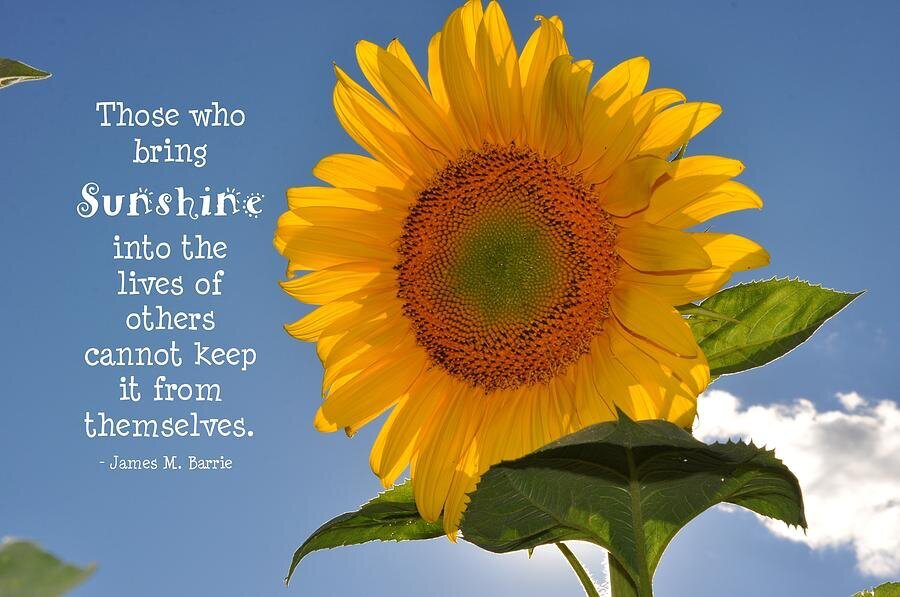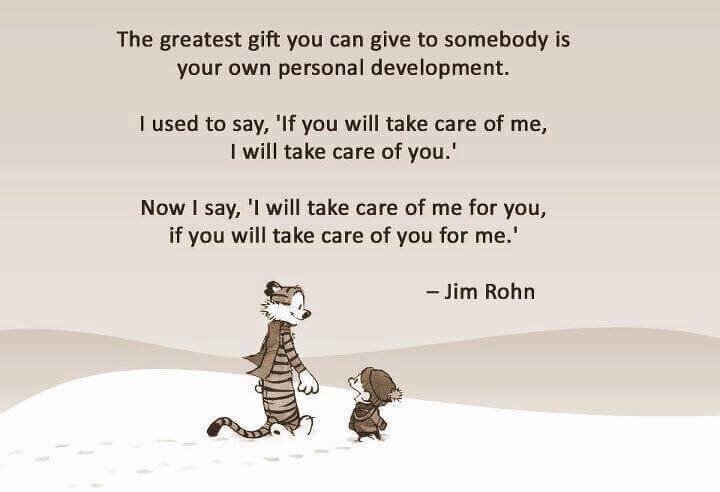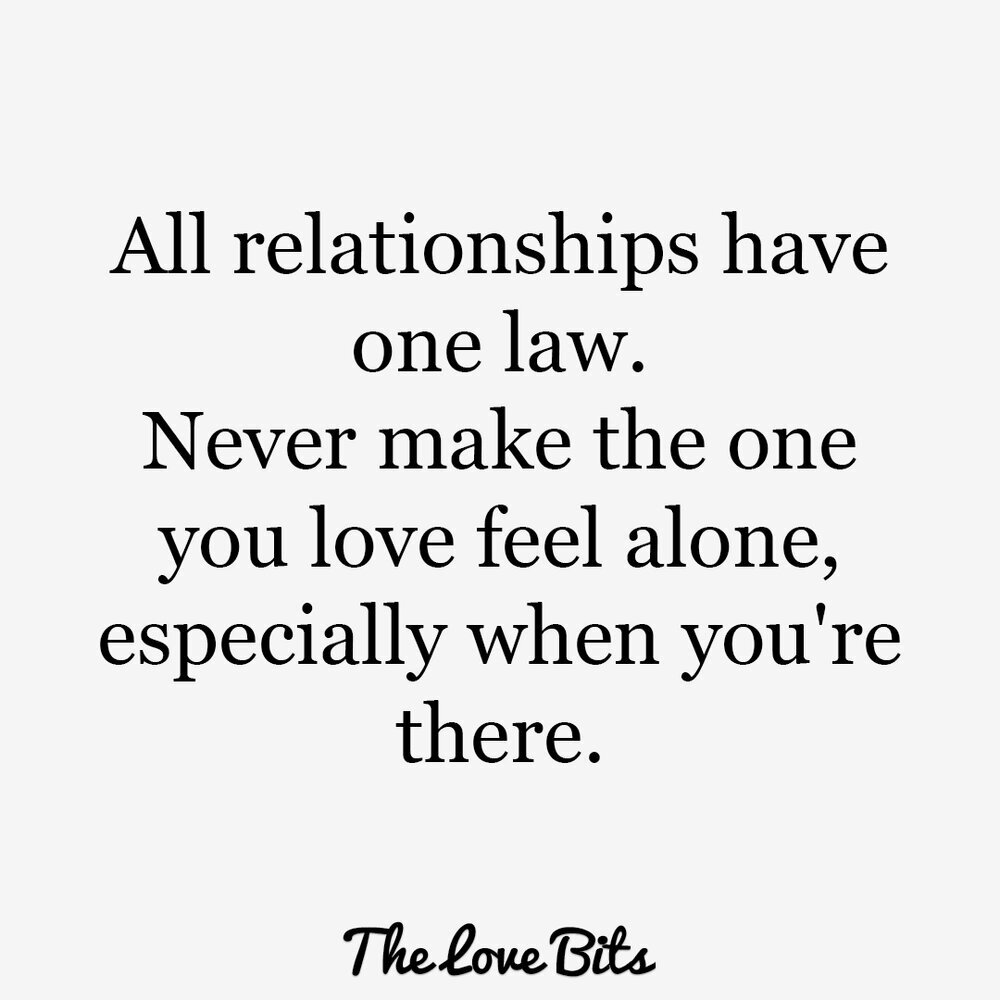Cultural humility is the “ability to maintain an interpersonal stance that is other-oriented in relation to aspects of cultural identity that are most important to the [person].”
You are using an out of date browser. It may not display this or other websites correctly.
You should upgrade or use an alternative browser.
You should upgrade or use an alternative browser.
- Thread starter Daniel E.
- Start date
More threads by Daniel E.

 www.psychologytoday.com
www.psychologytoday.com
The angry person was already frustrated, disappointed, irritated, etc. by something you said or did—but keeping a stiff upper lip, held their fire. Why? Probably because their reinforcement history “programmed” them to avoid conflict whenever possible. Still, this latest provocation in a series of felt provocations may—however petty in itself—have been more than enough to set them aflame. Though they refrained from expressing it earlier, their anger build-up was well underway before this latest perceived affront.
On the other hand, it may well be that you hadn’t provoked the angry person earlier. But someone else did. And now that anger is being redirected toward you. Too many of us hold things in and don’t let the person we’re presently engaged with know that we’re battling a bad mood—whether because of something specific that happened at work, or some insensitive or aggressive remark that another made to us, or some more general setback, failure, or defeat. Frankly, it could be anything that got to us and struck us as unfair or made us feel vulnerable. As I’ve pointed out in other posts for Psychology Today (see, especially, here), anger can function as a robust defense against feelings of powerlessness. So if a person seems much too quick to blow their top, they may—before their encounter with you—have somehow been made to feel weak or defenseless.
In such scenarios it’s essential that you not take the other person’s words personally...

 time.com
time.com
It should go without saying—but it doesn’t—that you call your mother, your aunt and anyone you are related to on their birthday. Don’t leave messages (ever, really, but especially not on someone’s special day). You’re not as busy as you think—try them again.

 www.latimes.com
www.latimes.com
Adult children living with their parents in multigenerational households is certainly not a panacea and runs against an almost century-long, post-Depression norm of moving out of family homes in young adulthood. But given new socioeconomic pressures, it’s possible that multigenerational housing arrangements could result in more tolerance for divergent views. In a society full of echo chambers, political polarization and deep mistrust, that might be a very good thing.

 blogs.scientificamerican.com
blogs.scientificamerican.com
Narcissists cyclically return to the emerging zone because they are addicted to the positive social feedback and emotional rush they get from this zone. They live in this zone. As a result, they are good at being popular, making new friends, and acquiring social status, but are really quite terrible at sustaining anything meaningful and intimate.
"Attention is the most basic form of love. Through it we bless and are blessed."
~ John Tarrant
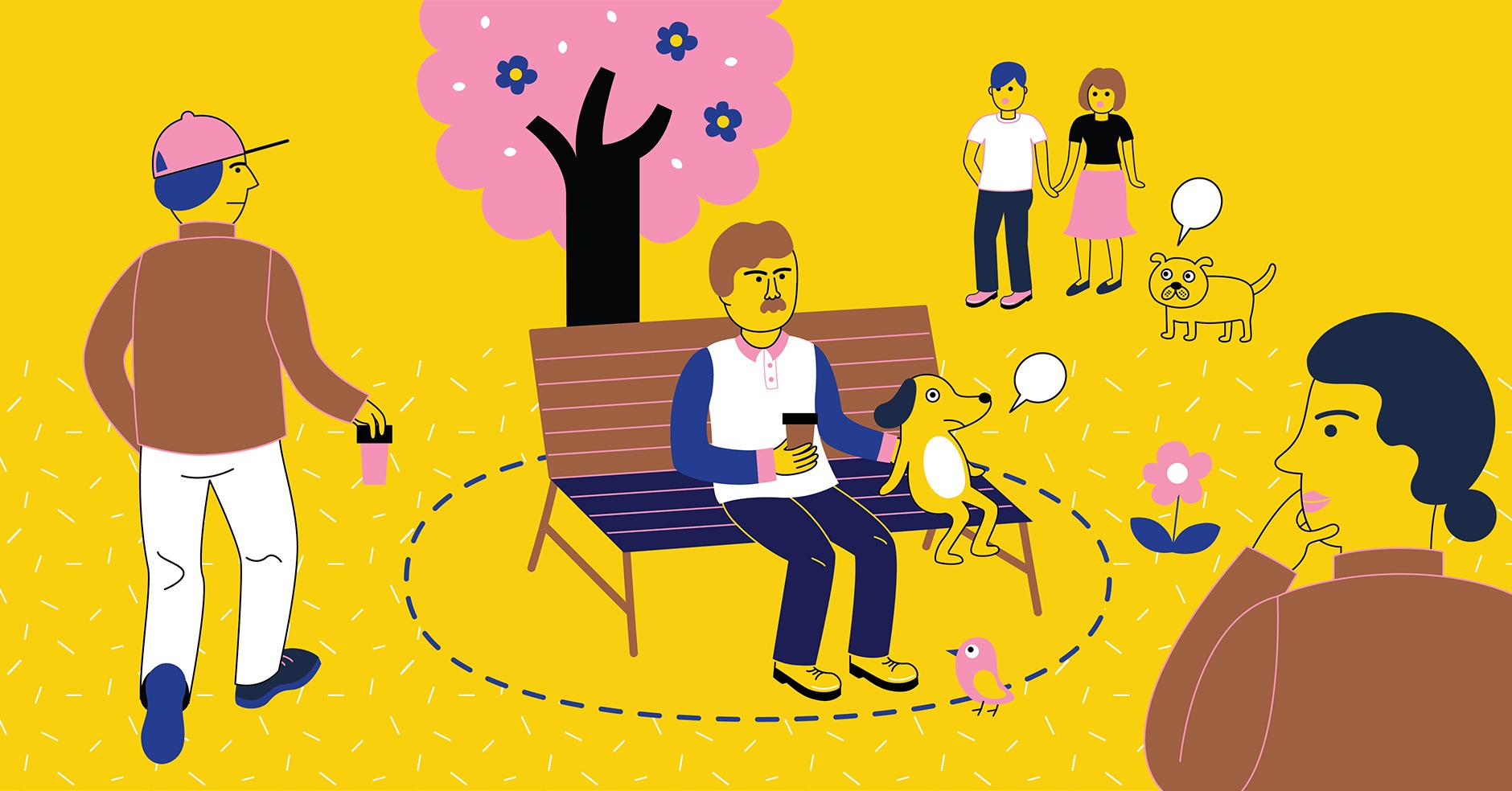
 www.hopesandfears.com
www.hopesandfears.com
"Numerous studies show that what we think we need to have in common with others in order to be friends with them just isn’t so; rather, what makes the biggest difference is repetition, or proximity. We bond with those whom we are more likely to see consistently. It’s why we are more likely to become friends with people at work that otherwise we’d probably never hang out with again if we just met them. We see them regularly and that makes all the difference."
“Friends are God's way of apologizing for your family.”
― Wayne W. Dyer, The Power of Intention: Learning to Co-create Your World Your Way
“Conflict cannot survive without your participation.”
“You cannot be lonely if you like the person you're alone with.”
“In any relationship in which two people become one, the end result is two half people.”
“When you're at peace with yourself and love your self, it is virtually impossible to do things to yourself that are destructive.”
― Wayne W. Dyer
― Wayne W. Dyer, The Power of Intention: Learning to Co-create Your World Your Way
“Conflict cannot survive without your participation.”
“You cannot be lonely if you like the person you're alone with.”
“In any relationship in which two people become one, the end result is two half people.”
“When you're at peace with yourself and love your self, it is virtually impossible to do things to yourself that are destructive.”
― Wayne W. Dyer
Last edited:
"Learning about anger, violence and narcissism and the darker side of human nature help prepare us for the real world as it is. Your children need this information on avoiding toxic friends and setting boundaries with those who take advantage of them. And good-minded, codependent people need to understand that too much kindness and empathy towards self-involved, destructive people can harm them."
~ Lynne Namka, Ed. D.
~ Lynne Namka, Ed. D.

Anger Always Makes Sense
Were there times when another person’s anger seemed unreasonable to you? Exaggerated? Clearly disproportionate to the situation? Also, have there been times when your own anger...
The angry person was already frustrated, disappointed, irritated, etc. by something you said or did—but keeping a stiff upper lip, held their fire. Why? Probably because their reinforcement history “programmed” them to avoid conflict whenever possible. Still, this latest provocation in a series of felt provocations may—however petty in itself—have been more than enough to set them aflame. Though they refrained from expressing it earlier, their anger build-up was well underway before this latest perceived affront.
On the other hand, it may well be that you hadn’t provoked the angry person earlier. But someone else did. And now that anger is being redirected toward you. Too many of us hold things in and don’t let the person we’re presently engaged with know that we’re battling a bad mood—whether because of something specific that happened at work, or some insensitive or aggressive remark that another made to us, or some more general setback, failure, or defeat. Frankly, it could be anything that got to us and struck us as unfair or made us feel vulnerable. As I’ve pointed out in other posts for Psychology Today (see, especially, here), anger can function as a robust defense against feelings of powerlessness. So if a person seems much too quick to blow their top, they may—before their encounter with you—have somehow been made to feel weak or defenseless.
In such scenarios it’s essential that you not take the other person’s words personally...
David Baxter PhD
Late Founder
^^^ I agree 100%. A lot of times, the anger is triggered by something other than what you did or said, or didn't say or do.
It's also often the case that it is driven by mood (depression). The common theme of powerlessness and/or frustration is in effect in such cases. You're just in the right place at the wrong time.
Stopping to consider these things before expressing your anger as a reaction to the other person's "anger" is essential to prevent escalation.
It's also often the case that it is driven by mood (depression). The common theme of powerlessness and/or frustration is in effect in such cases. You're just in the right place at the wrong time.
Stopping to consider these things before expressing your anger as a reaction to the other person's "anger" is essential to prevent escalation.

6 Rules for Happy Birthday Etiquette in the Age of Facebook
Calling preferred, texting permitted: Friends you made in the past five years.
It should go without saying—but it doesn’t—that you call your mother, your aunt and anyone you are related to on their birthday. Don’t leave messages (ever, really, but especially not on someone’s special day). You’re not as busy as you think—try them again.

Contributor: Moving in with your parents could be good for America
It’s possible that multigenerational housing arrangements, created by socioeconomic pressures, could result in more tolerance for divergent views.
Adult children living with their parents in multigenerational households is certainly not a panacea and runs against an almost century-long, post-Depression norm of moving out of family homes in young adulthood. But given new socioeconomic pressures, it’s possible that multigenerational housing arrangements could result in more tolerance for divergent views. In a society full of echo chambers, political polarization and deep mistrust, that might be a very good thing.
Last edited:
Amazon product
"People do escape high conflict. Individuals—even entire communities—can short-circuit the feedback loops of outrage and blame, if they want to."
"People do escape high conflict. Individuals—even entire communities—can short-circuit the feedback loops of outrage and blame, if they want to."
Last edited:
“Nobody chooses dysfunction, conflict, pain. Nobody chooses insanity. They happen because there is not enough presence in you to dissolve the past, not enough light to dispel the darkness. You are not fully here. You have not woken up yet. In the meantime, the conditioned mind is running your life.”
― Margaret Nash, Drop the Drama!: How to Get along With Everybody, All the Time
― Margaret Nash, Drop the Drama!: How to Get along With Everybody, All the Time
One way to get people to be less defensive:
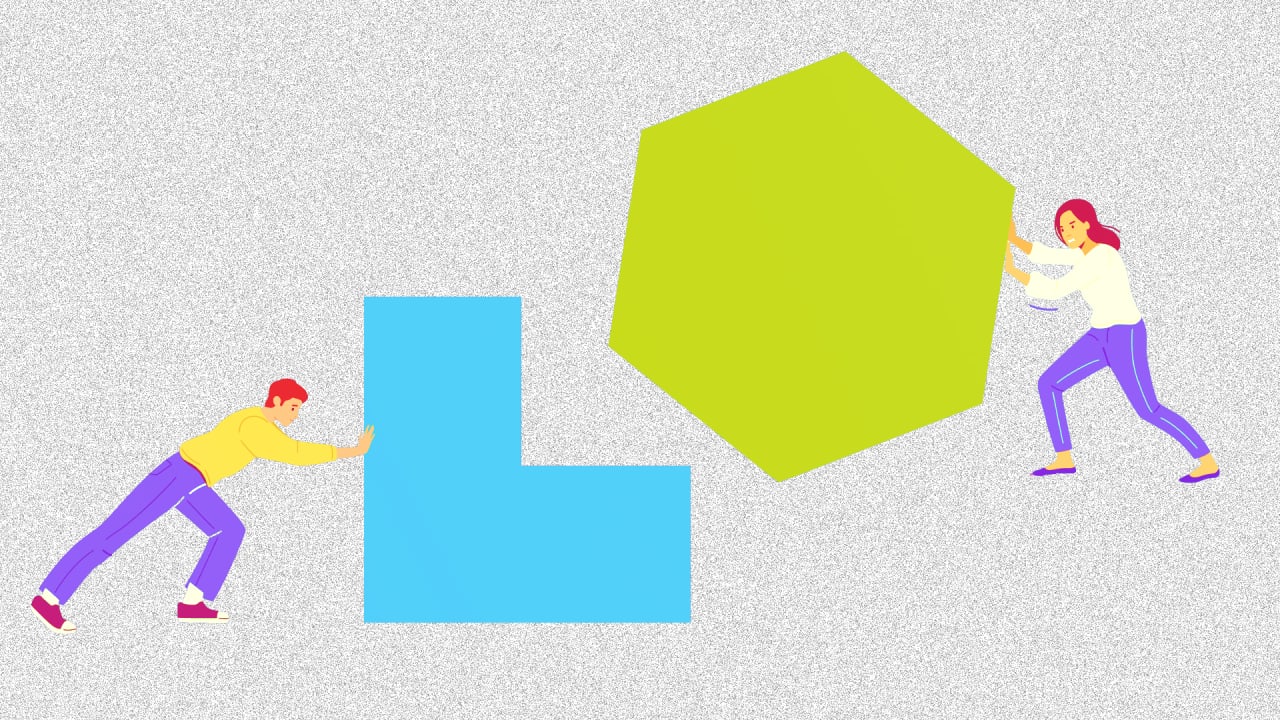
 www.fastcompany.com
www.fastcompany.com
“Questions force people to give you the permission that you are seeking versus being confrontational, pushy, and direct. It gives people the opportunity to course correct and gain awareness of their behavior. And it helps protect your reputation.”

How to get better at speaking up in the moment
Learning how to push back can be hard. But it’s something you can get better at, with practice.
“Questions force people to give you the permission that you are seeking versus being confrontational, pushy, and direct. It gives people the opportunity to course correct and gain awareness of their behavior. And it helps protect your reputation.”

Why Do Narcissists Lose Popularity Over Time?
New research shows why narcissists become less popular over time.
Narcissists cyclically return to the emerging zone because they are addicted to the positive social feedback and emotional rush they get from this zone. They live in this zone. As a result, they are good at being popular, making new friends, and acquiring social status, but are really quite terrible at sustaining anything meaningful and intimate.
Last edited:
Attention Is the Most Basic Form of Love
Attention Is the Most Basic Form of Love by James V. Cordova, Ph.D., Psychology Today May 6, 2011 Attention is the most basic form of love. Through it we bless and are blessed. ~ John Tarrant Intimacy's secret is simple. There is an epidemic ravaging the health and happiness of American...
forum.psychlinks.ca
"Attention is the most basic form of love. Through it we bless and are blessed."
~ John Tarrant

Why is it so hard to make new friends when you're older?
Hopes&Fears answers questions with the help of people who know what they’re talking about. Today we asked psychologists and relationship experts about growing lonely with age.
"Numerous studies show that what we think we need to have in common with others in order to be friends with them just isn’t so; rather, what makes the biggest difference is repetition, or proximity. We bond with those whom we are more likely to see consistently. It’s why we are more likely to become friends with people at work that otherwise we’d probably never hang out with again if we just met them. We see them regularly and that makes all the difference."
Replying is not possible. This forum is only available as an archive.
Similar threads
- Replies
- 0
- Views
- 5K
- Replies
- 0
- Views
- 2K
- Replies
- 0
- Views
- 2K
- Replies
- 0
- Views
- 6K


